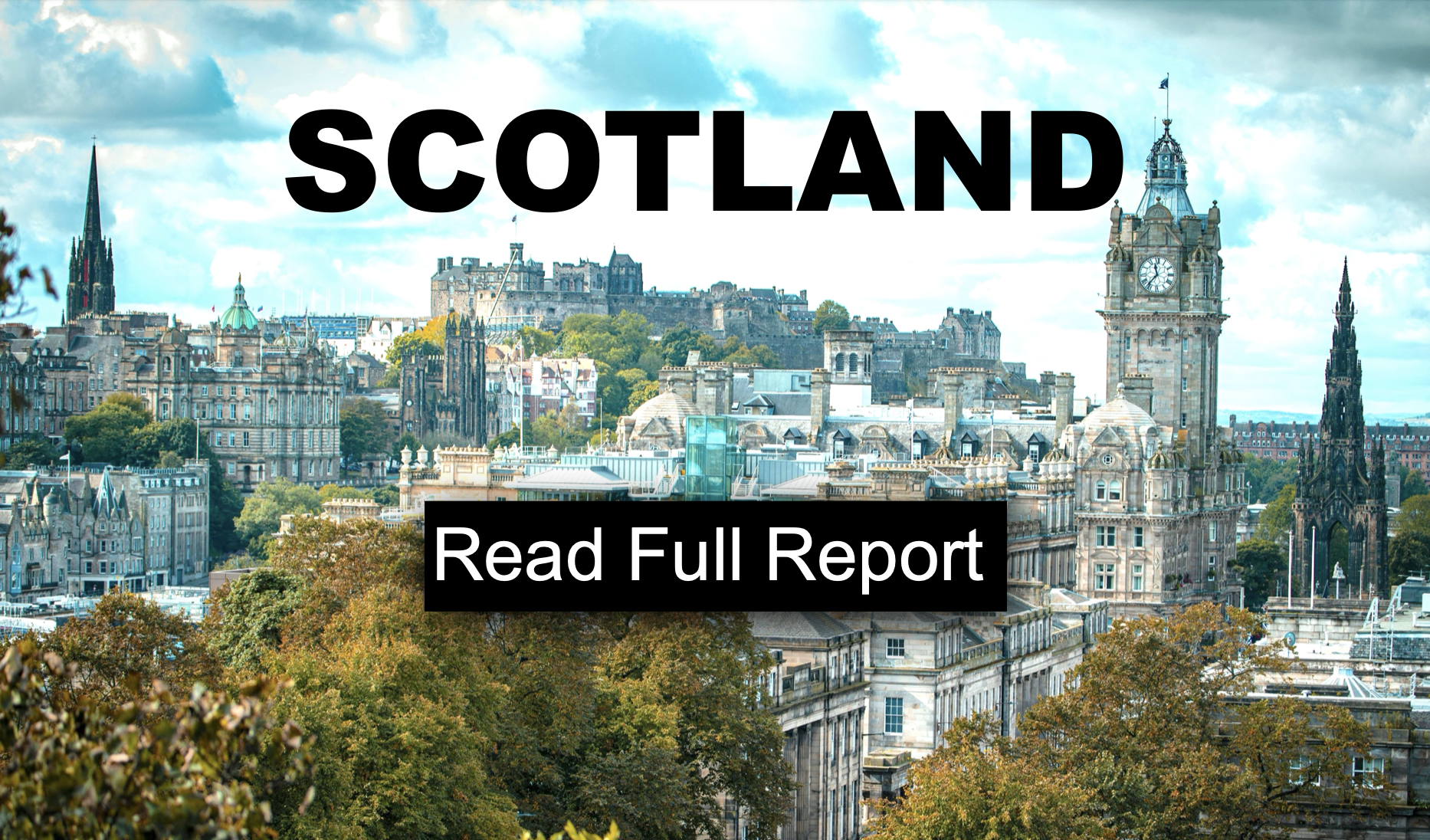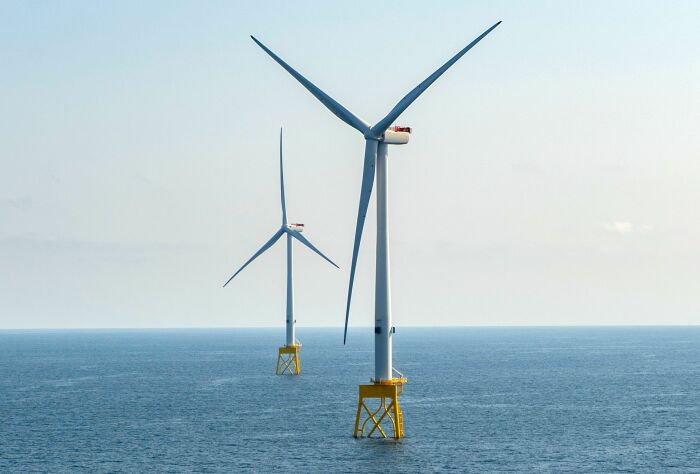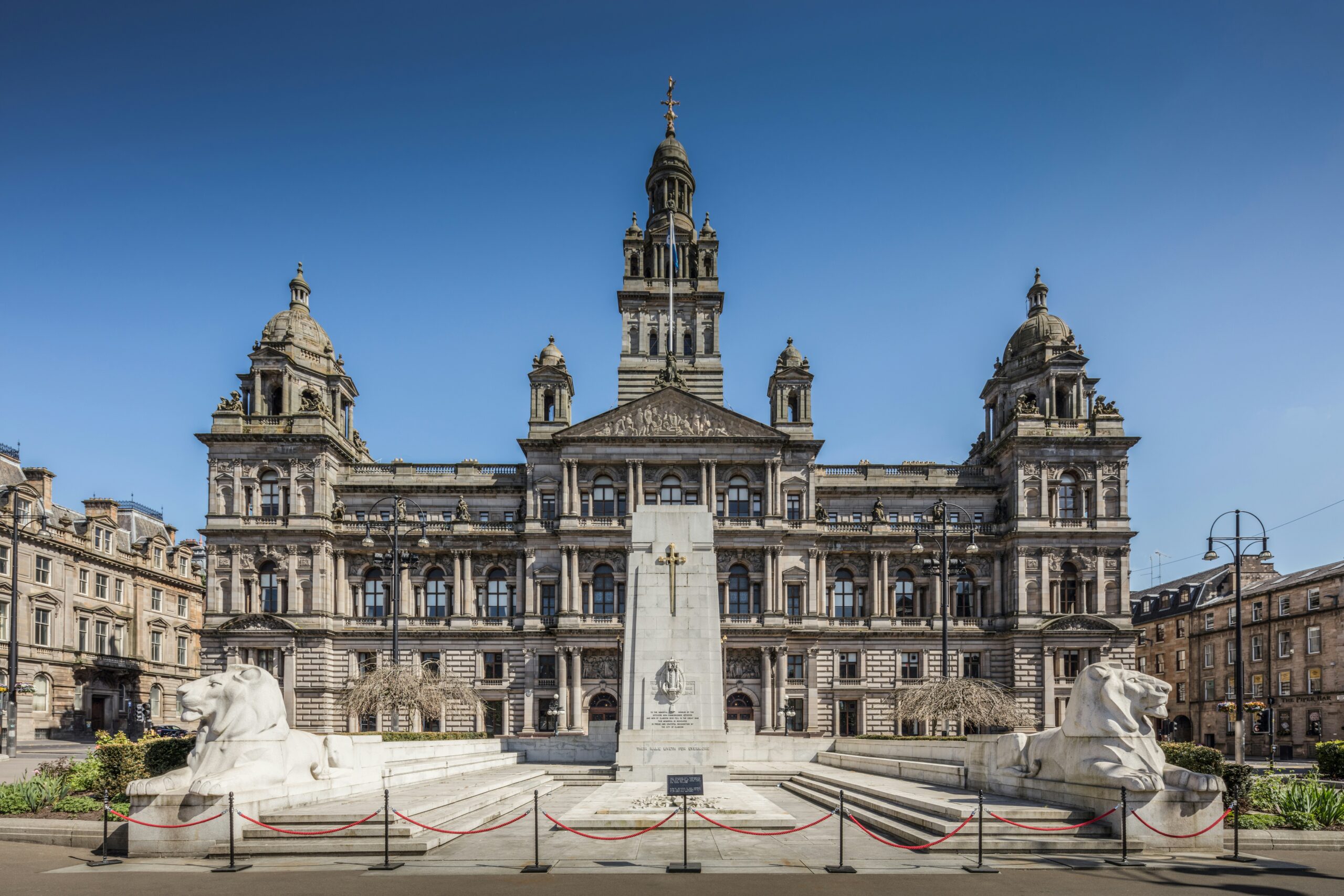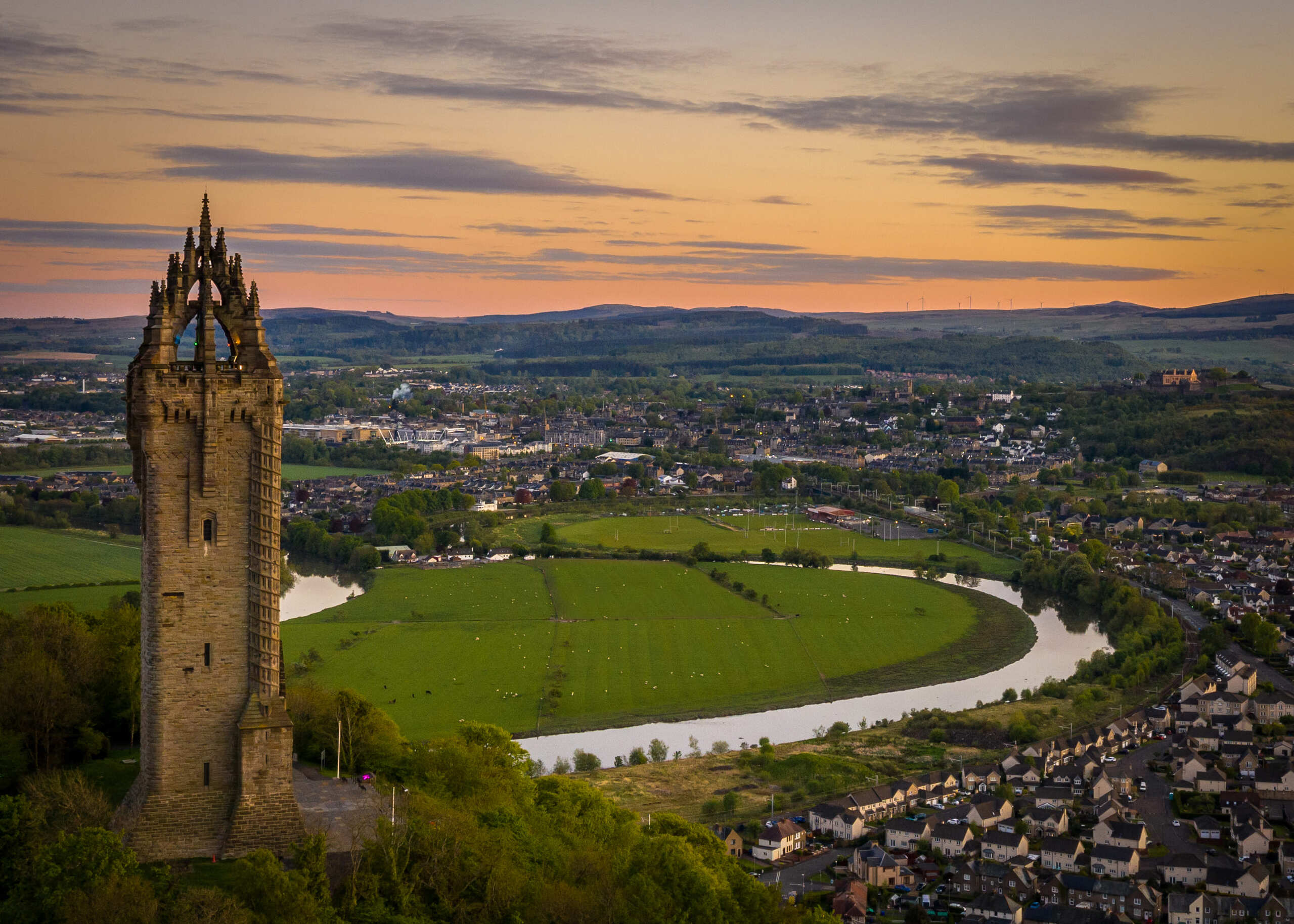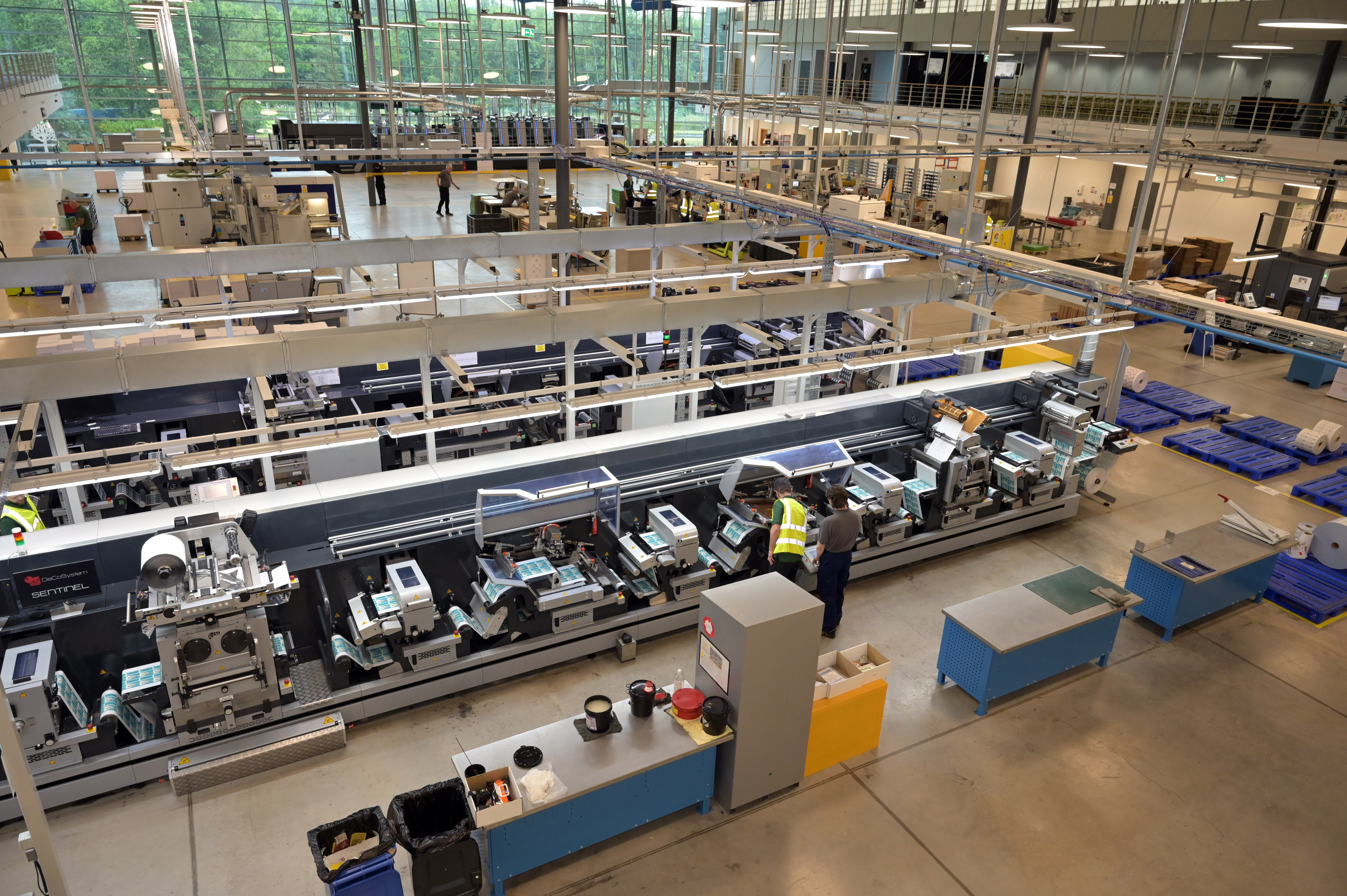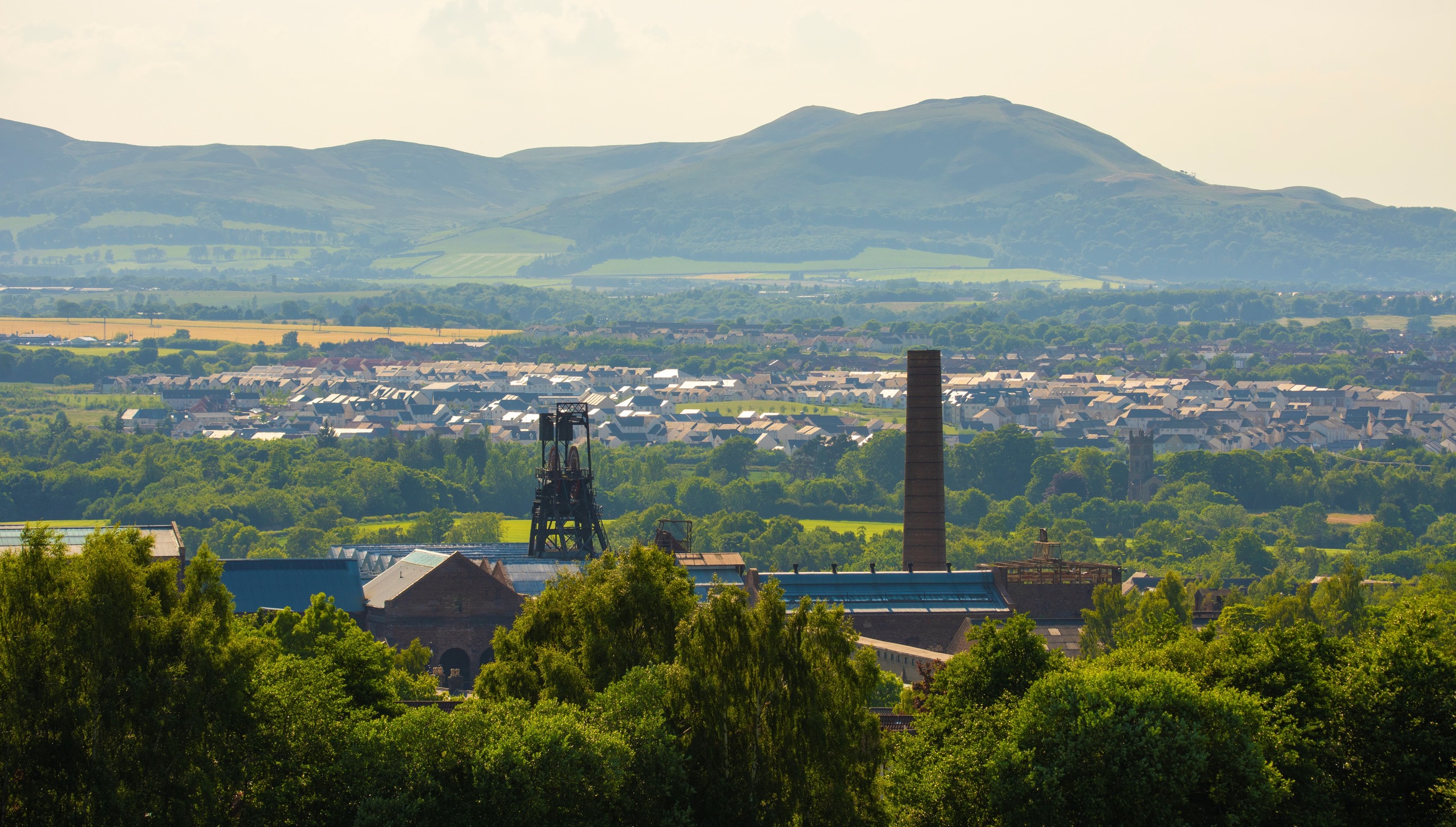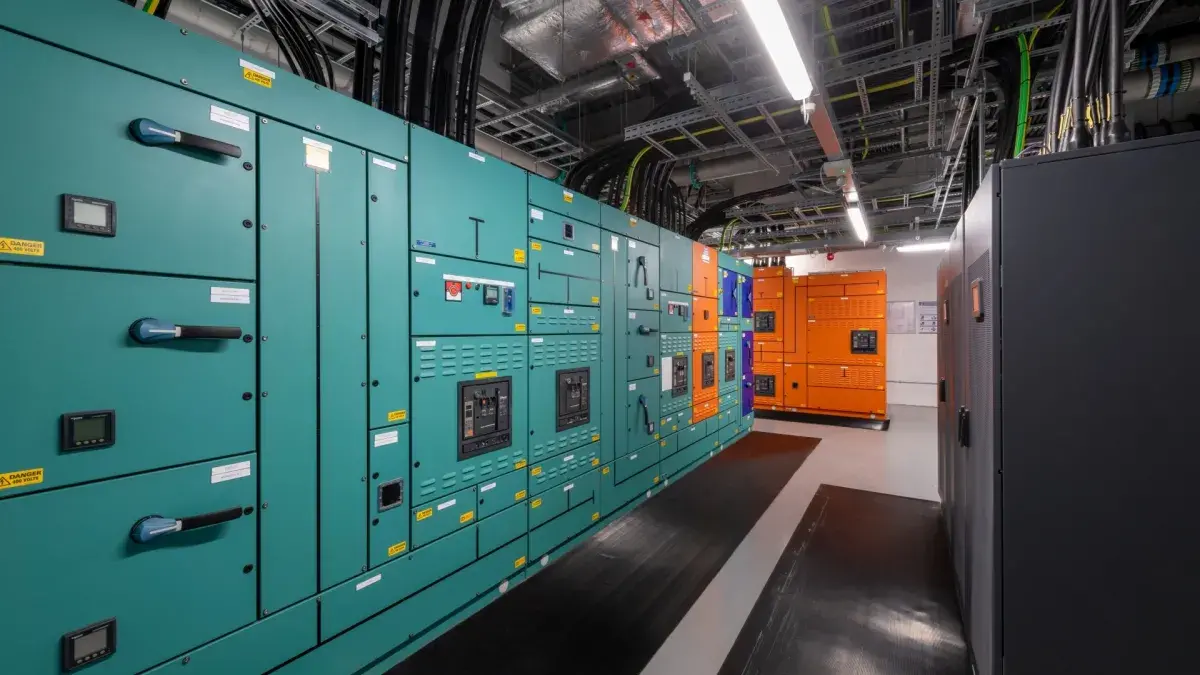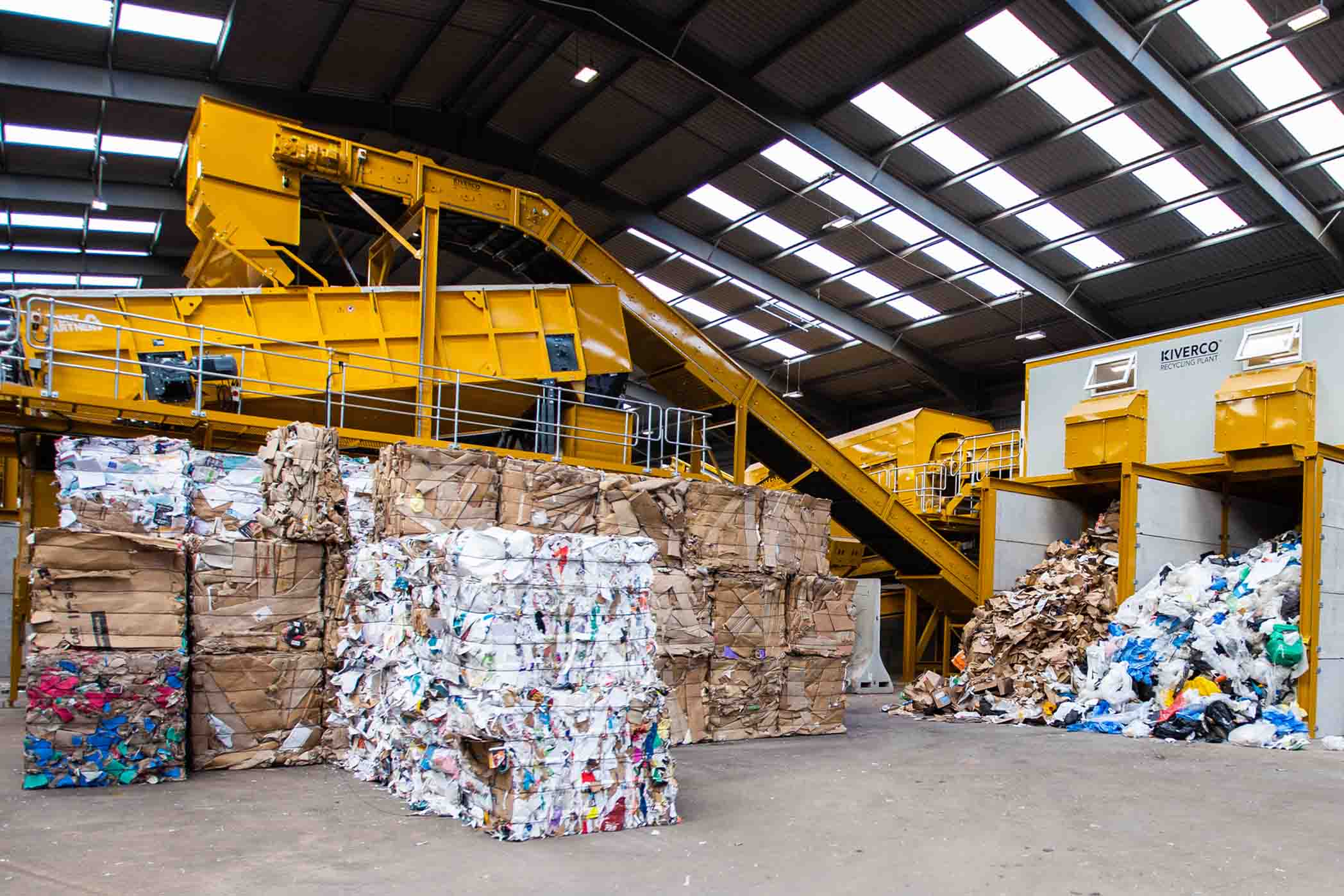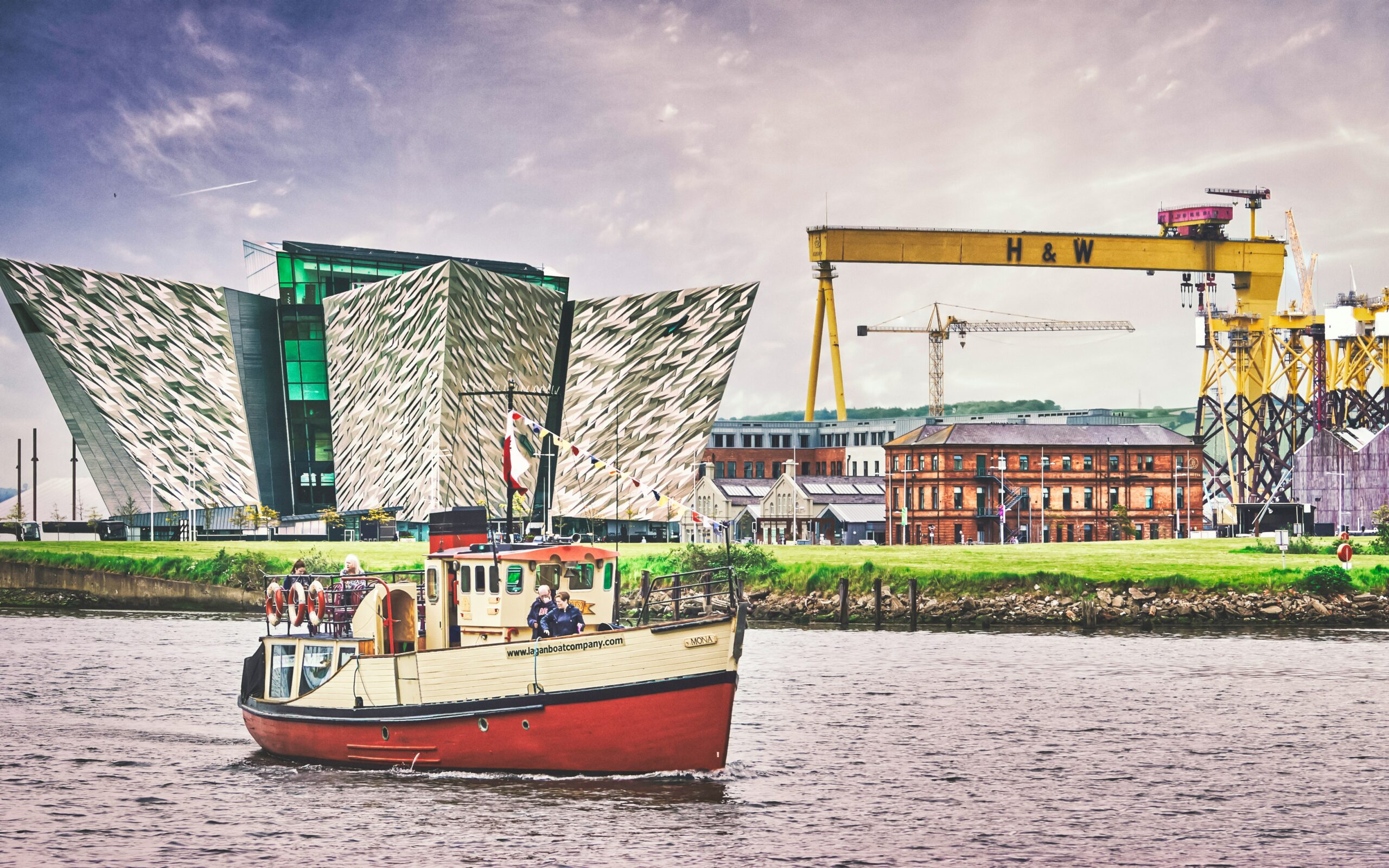The Government’s National Planning Framework and National Development Plan
Project Ireland 2040 entails a diverse range of investments being made by the State. This governmental 116 billion euro long-term overarching infrastructure strategy aims to counterbalance the continued growth of Dublin with that of other regions. It seeks to develop cities and regional towns as alternatives to the capital, while acting as a catalyst for growth for wider rural areas. Its projects are boosting quality of life within Ireland’s counties and making them more attractive to high quality, large scale employers.

By 2040, Ireland’s population will increase by one million, and will require hundreds of thousands of new jobs, homes and amenities. The exhaustive public capital expenditure program aims to foster the full potential of businesses and communities throughout Ireland’s regions. The project is expected to create thriving regional, compact, and smart urban settlements, with a focus on sustainable economic growth.
The plan will enhance regional accessibility. A core priority is to ensure improved transport connectivity of rural Ireland to Dublin, and in between the regions. For example, the M20 Cork to Limerick roadway and the Atlantic Economic Corridor will enhance the interconnectivity between Ireland’s thriving west coast counties including Kerry, Limerick, Galway, Sligo, and Donegal. Stronger regional economies will play a core role in driving Ireland’s national economy.
Ireland 2040 is developing the national infrastructure of roads, ports and airports while creating environmentally sustainable connectivity for towns, cities, and rural areas.
Roads: 7.3 billion euro is planned for road works including; the A5/N2 Donegal to Derry, Monaghan/Meath to Dublin, N6 Galway City Ring Road, and the long awaited M20 Cork to Limerick.
Rail: Dublin remains the only major capital city in Europe without a train network to the airport and the 3 billion euro Metro Link project will finally connect Dublin’s city center to the Dublin Airport via Swords. There is also a 2 billion euro plan to extend the Dart (train) to Drogheda, Maynooth, and Hazelhatch and the Luas (tram) to Brasy, Finglas, Lucan and Poolbeg.
Ports: Dublin Port is currently going through a 1 billion euro refurbishment to maximize its efficiency. New port facilities are being built in Ringaskiddy in Cork to foment Cork’s role as Ireland’s second trade hub.
Bus: The 2 billion euro Bus Connects project is a core bus corridor that will deliver 230 kilometers of dedicated bus lanes and 200 kilometers of cycle tracks along 16 of the busiest corridors in Dublin. Bus Connect projects have also been established for Galway and Cork.
Additional projects include the 1 billion euro “Celtic Interconnector,” an electrical link between Ireland and France; a 2.2 billion euro investment in universities; and an 8.5 billion euro upgrade to the water network. From rural electrification and broadband, to education and health, Ireland has a strategic plan in place to meet the country’s future infrastructure needs.

